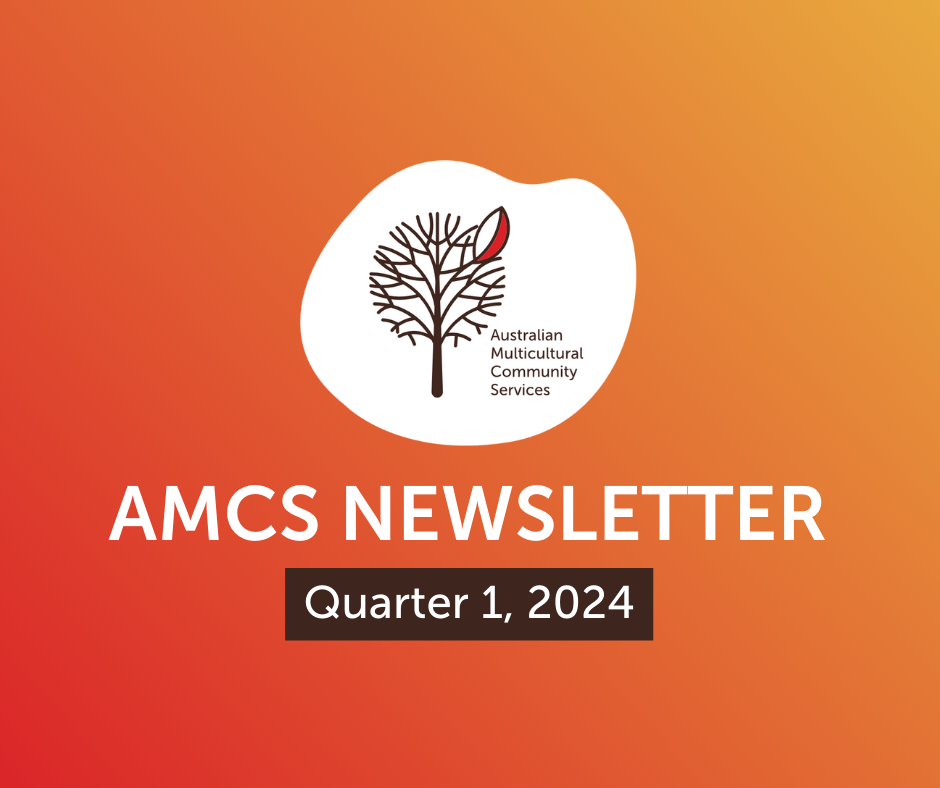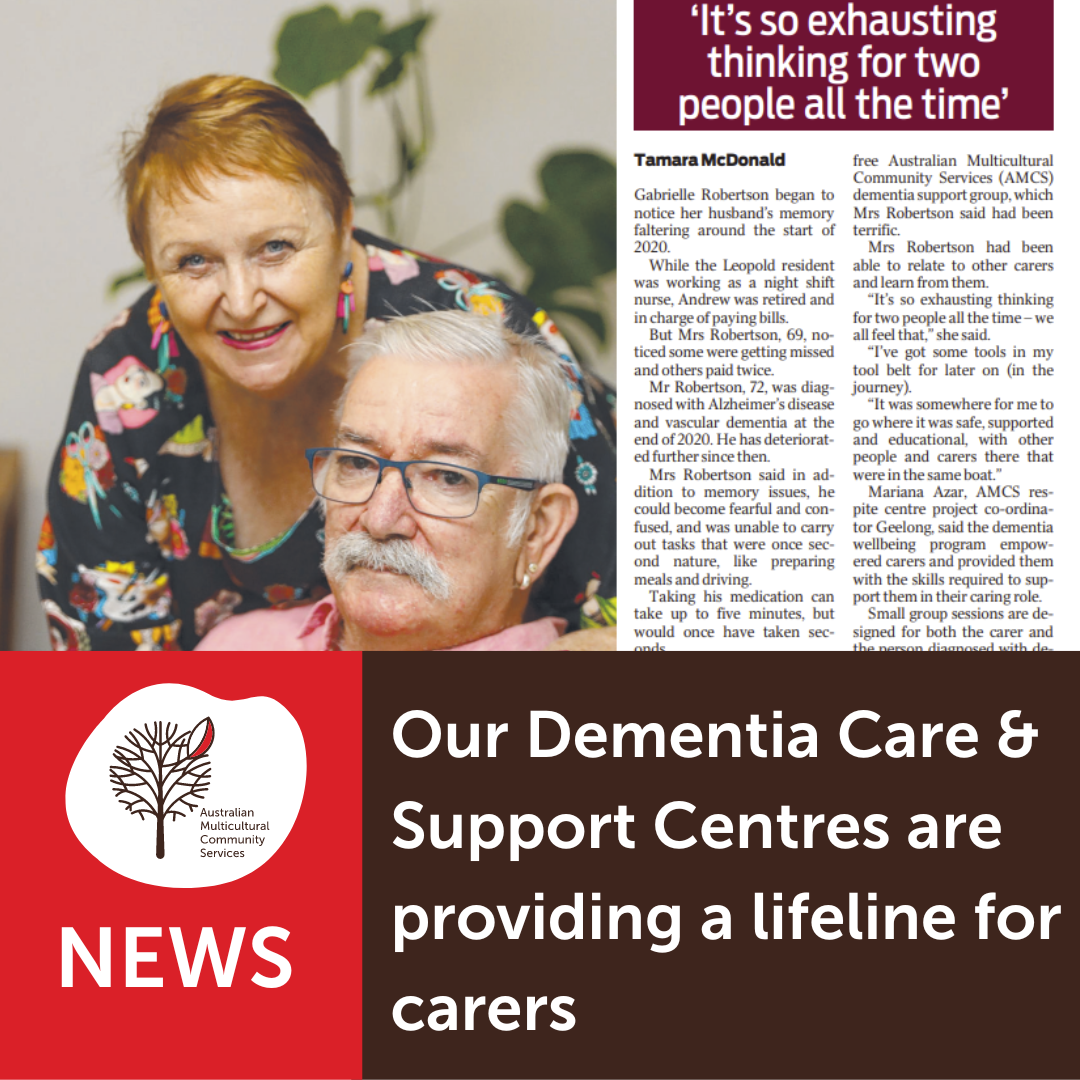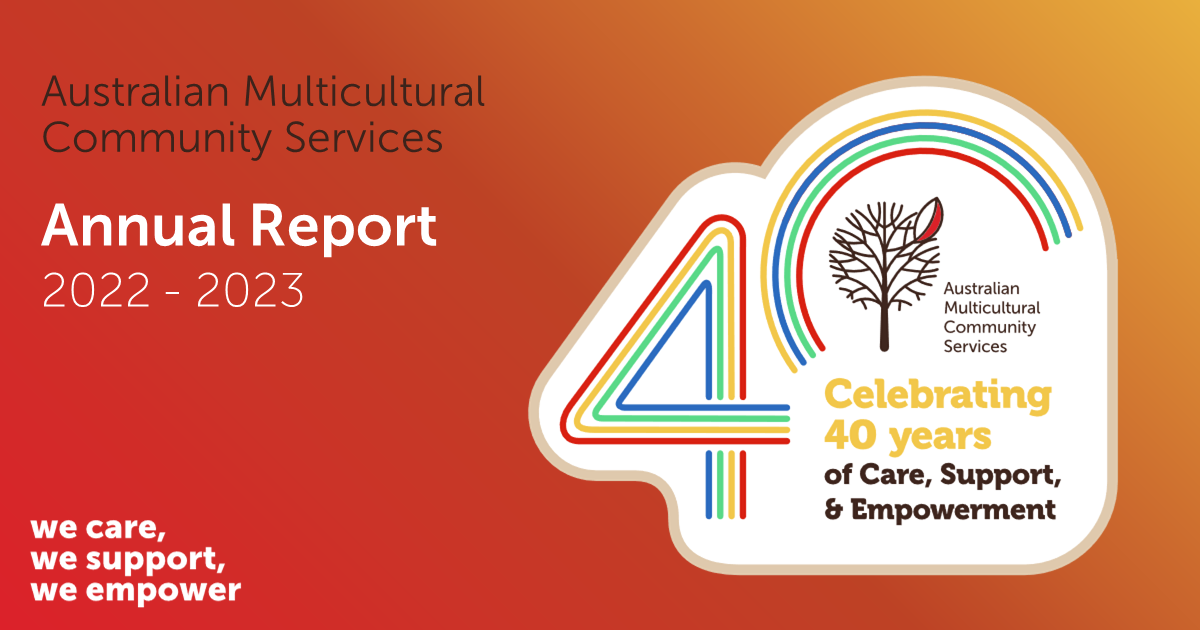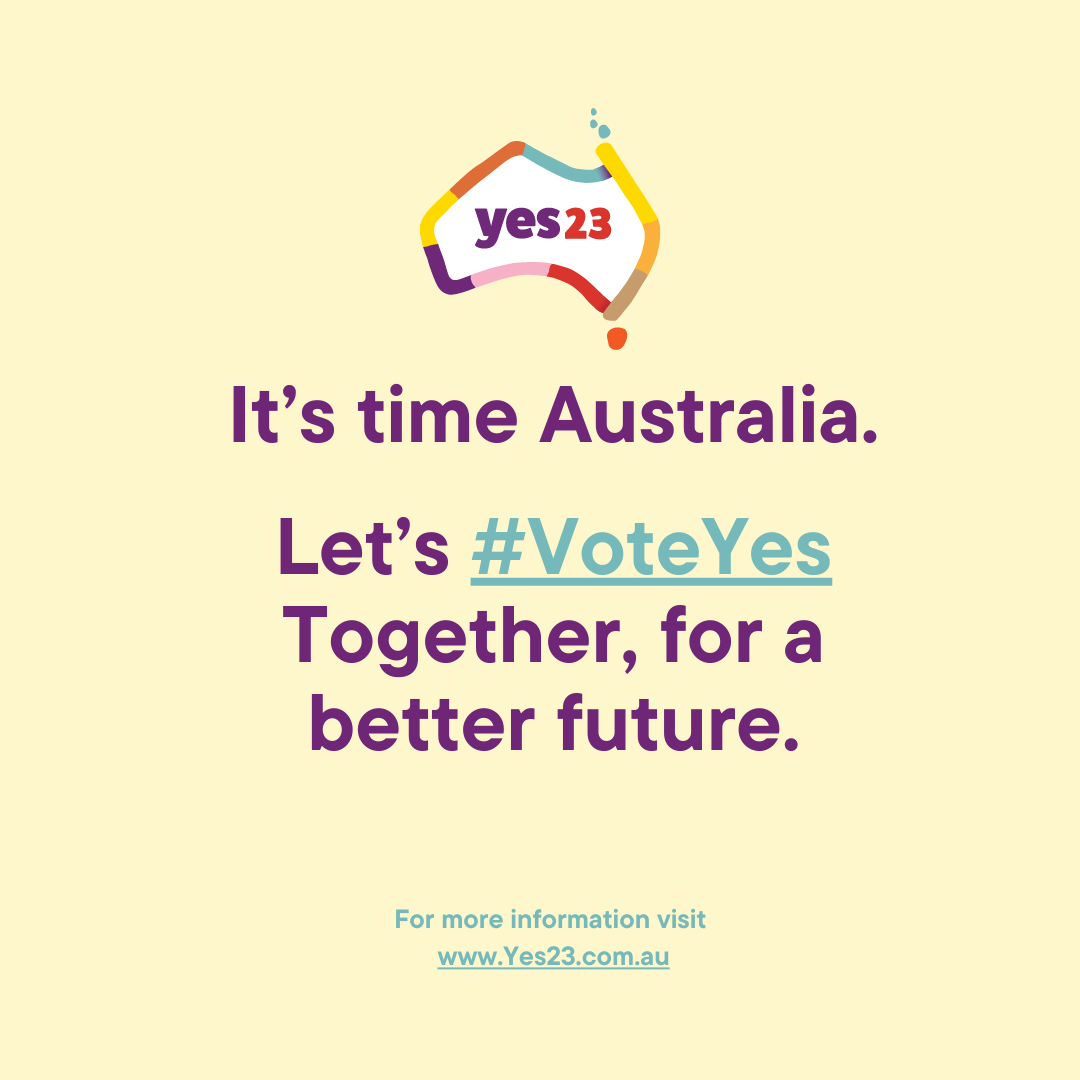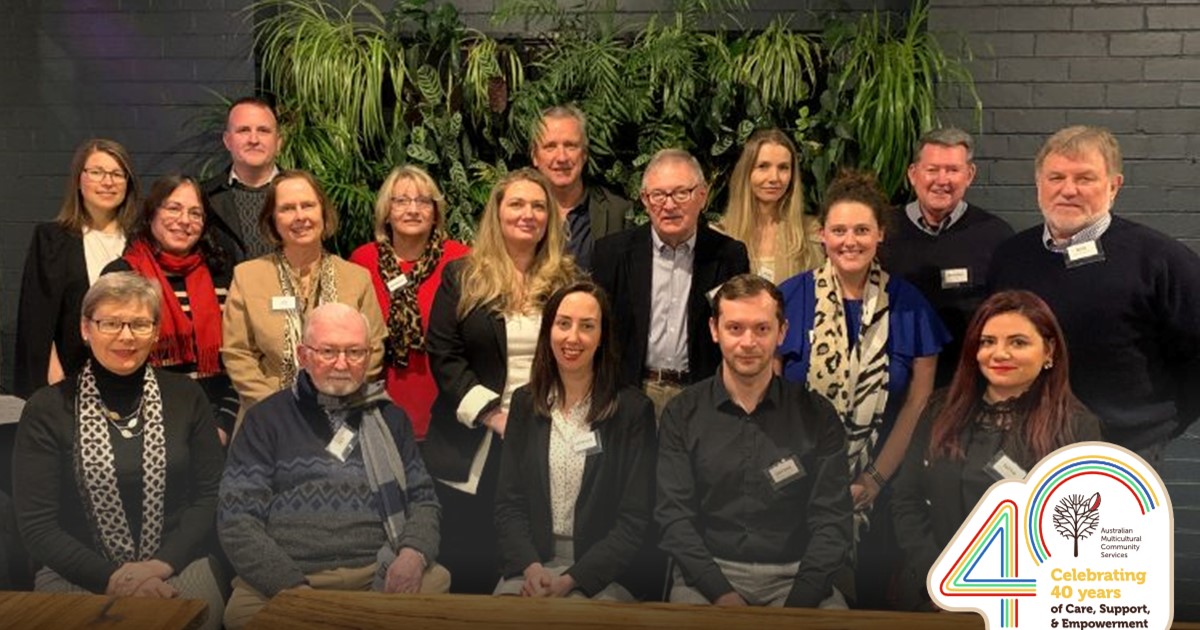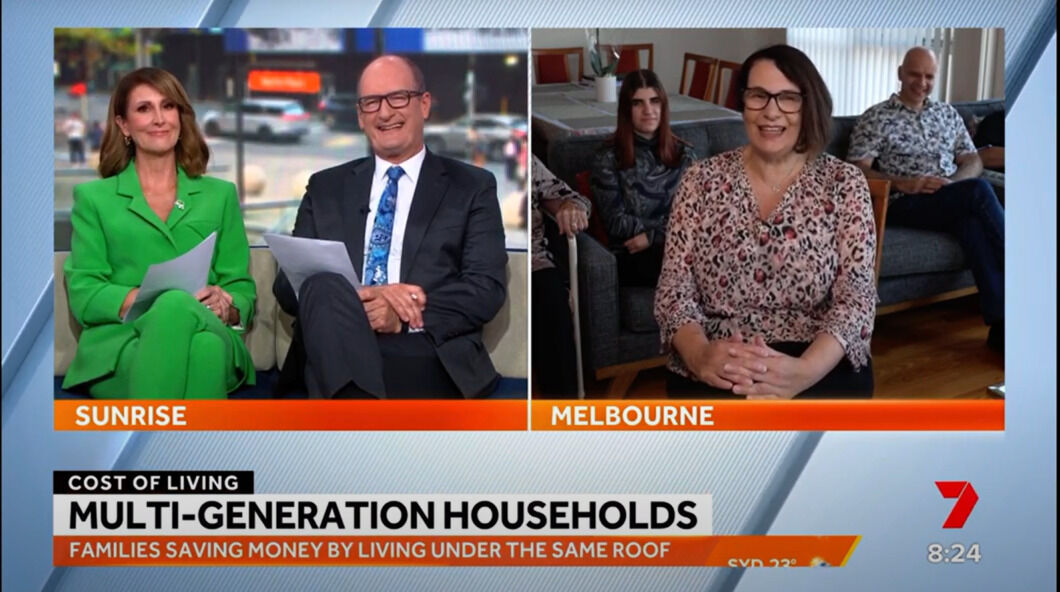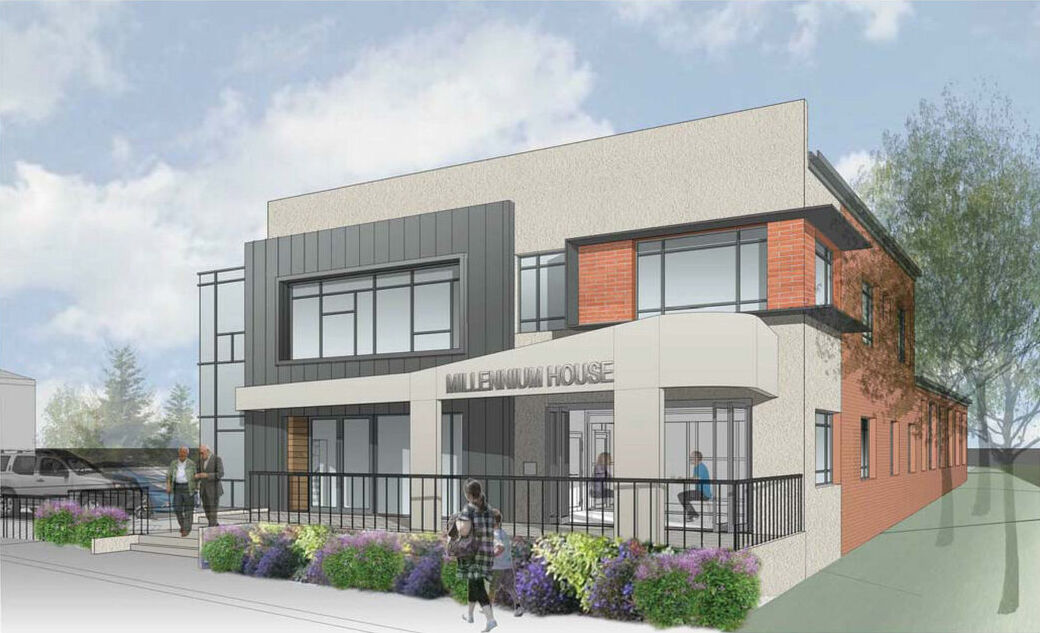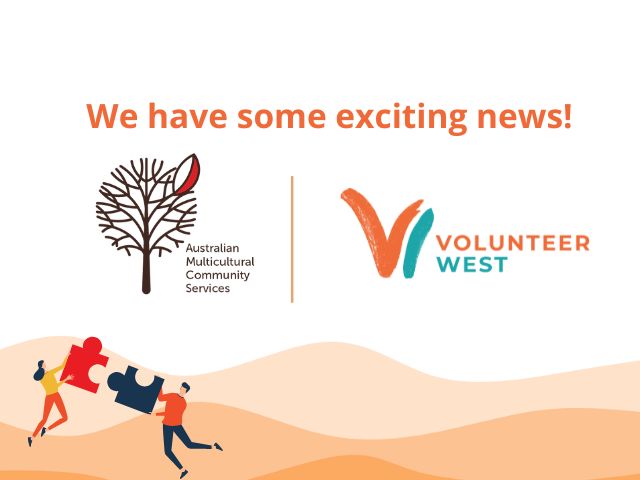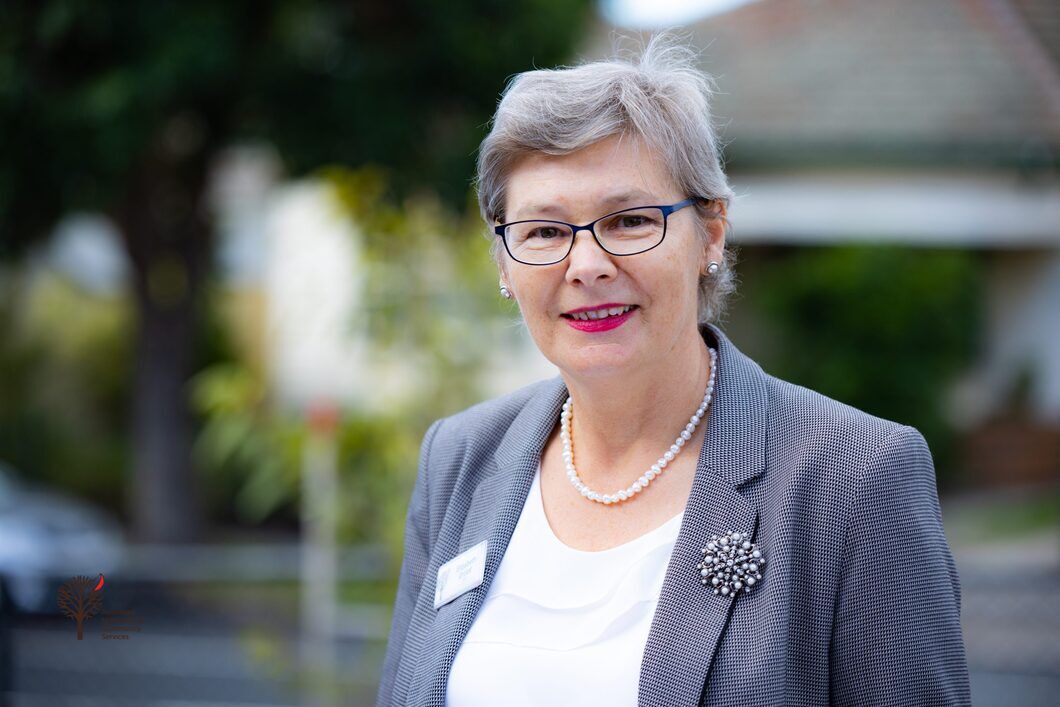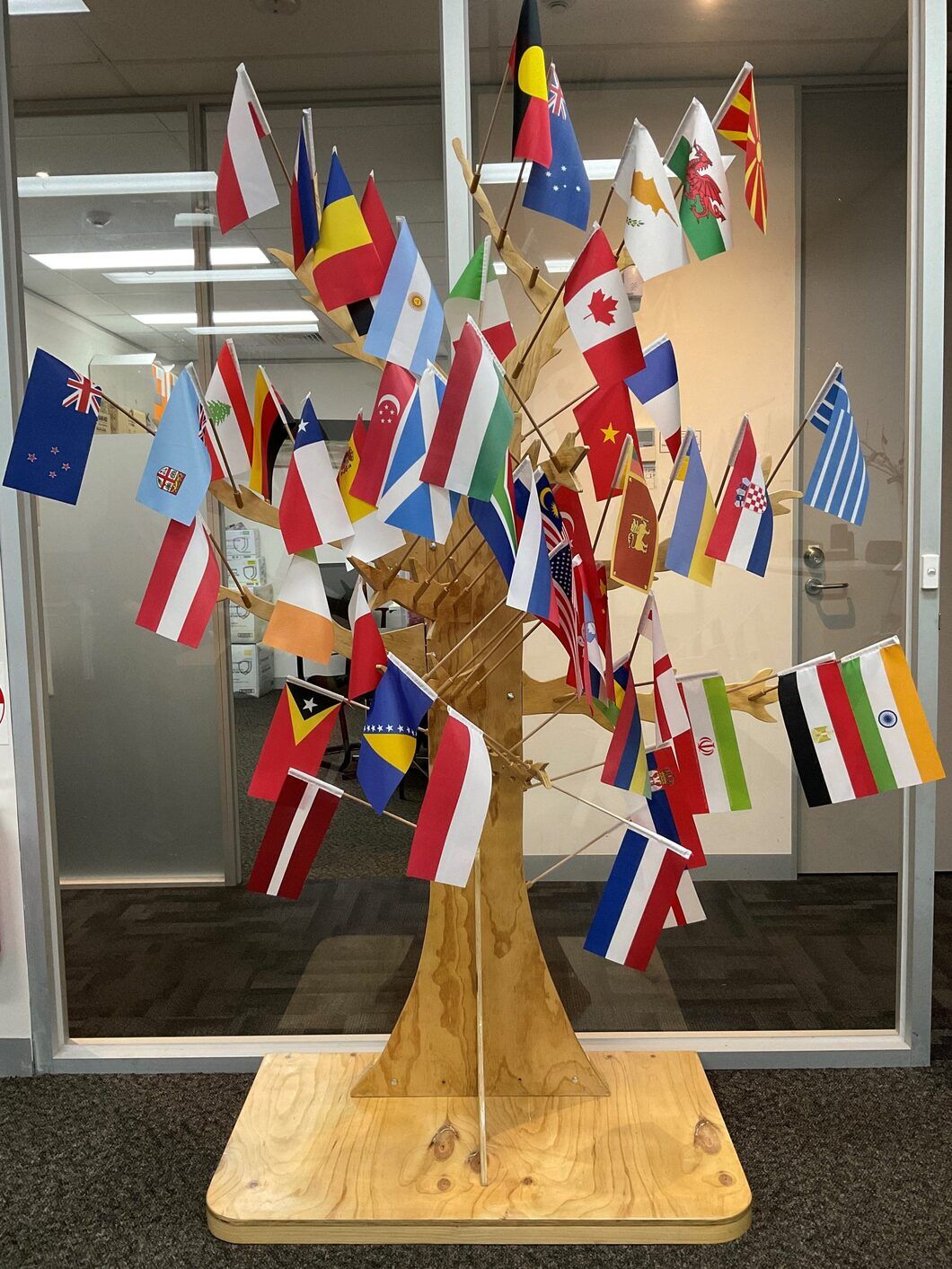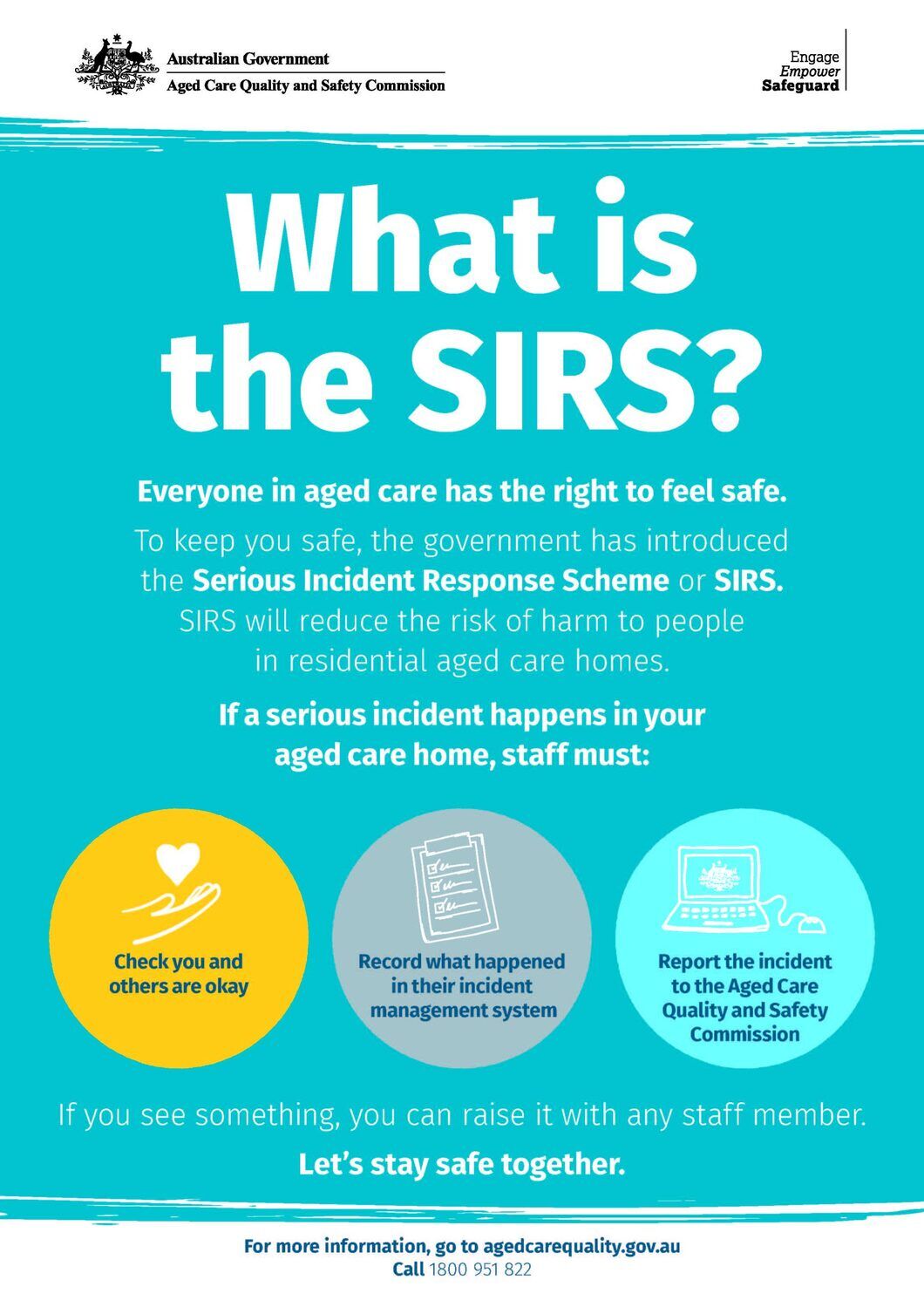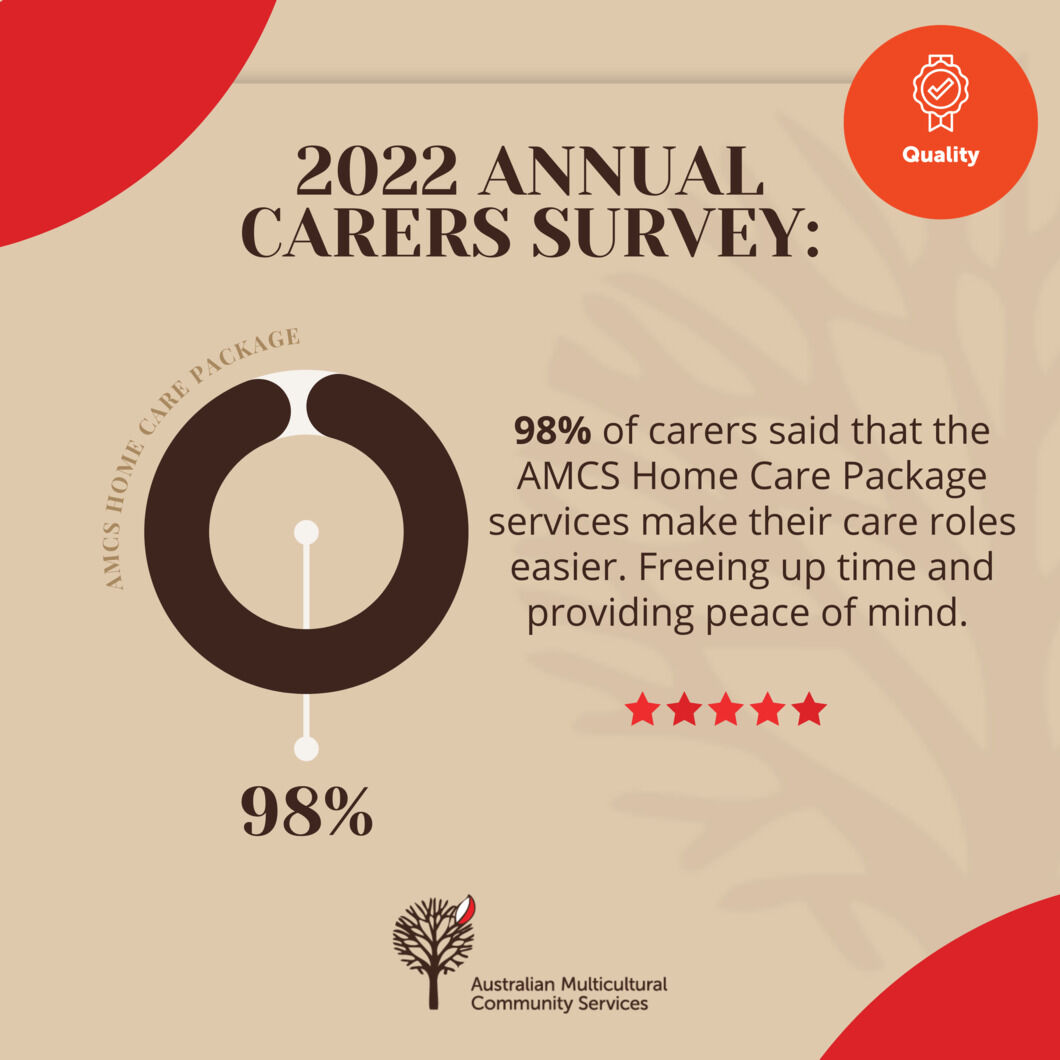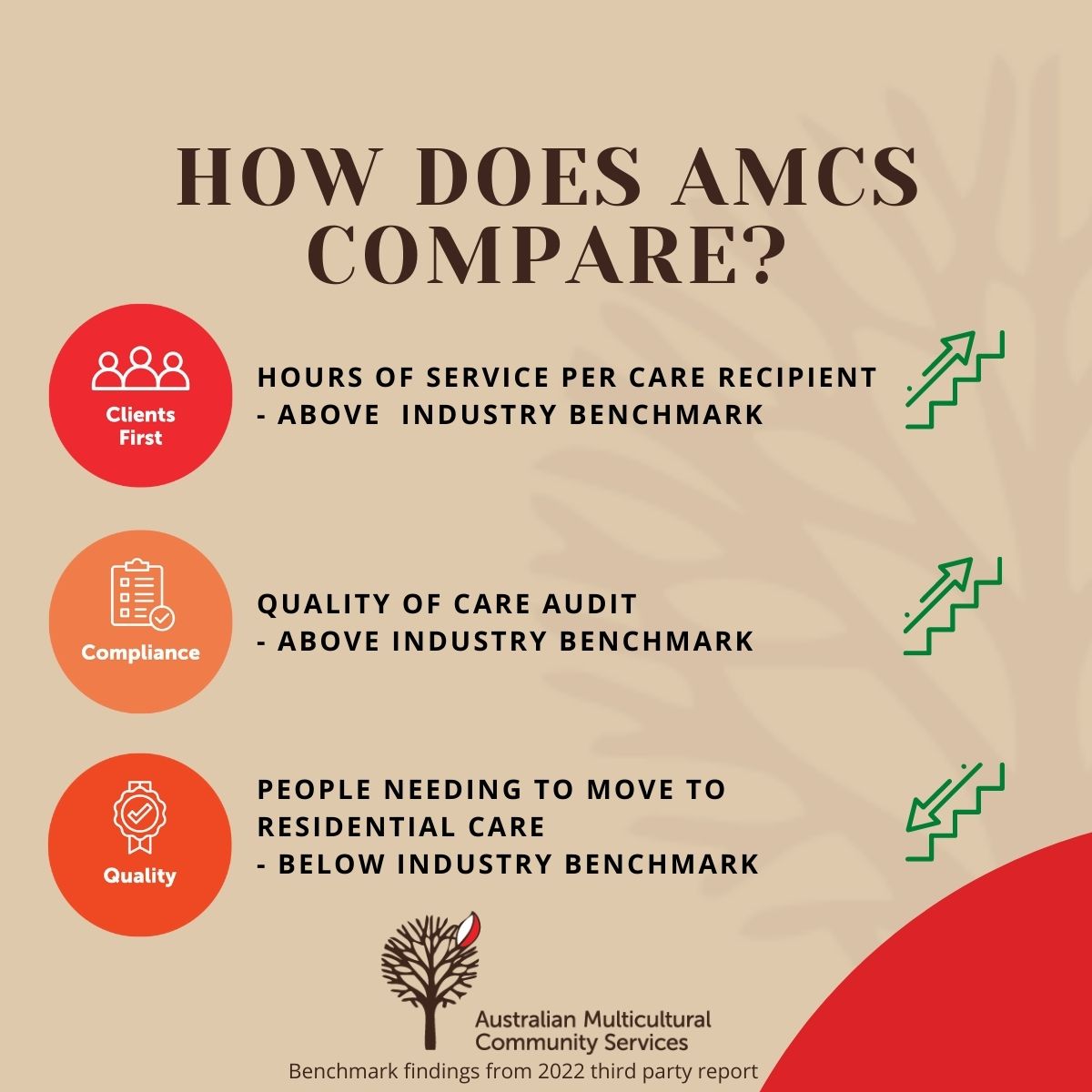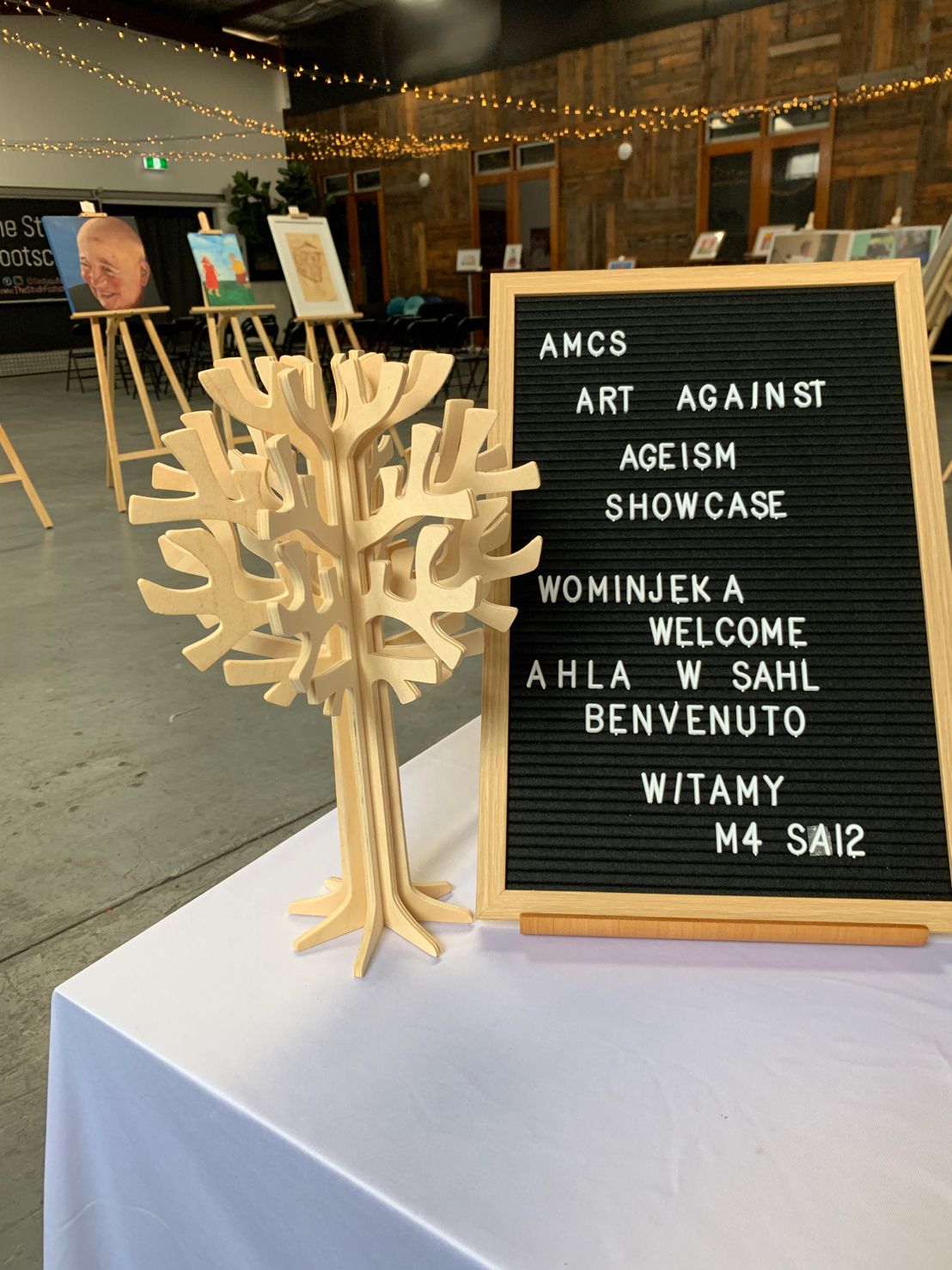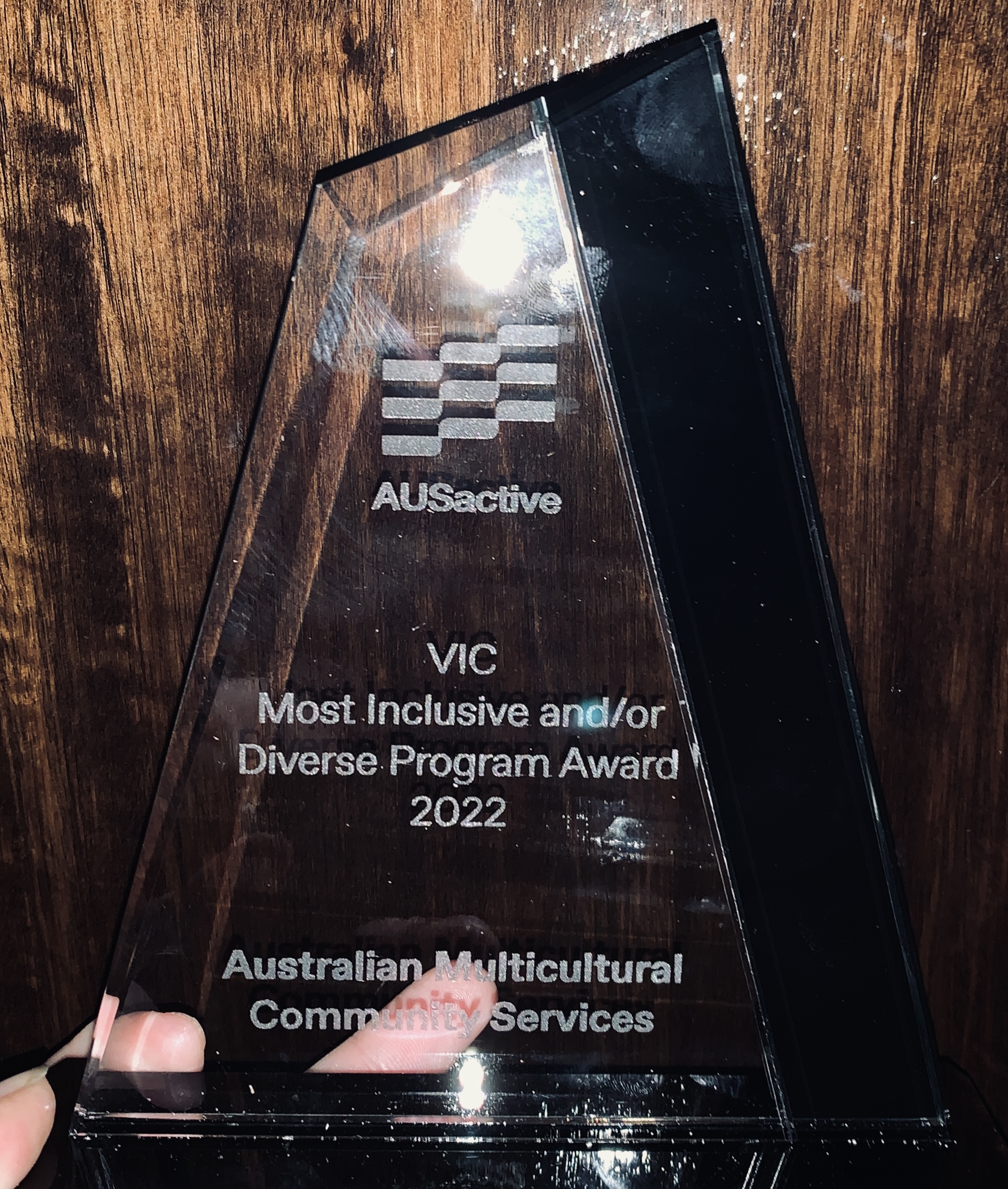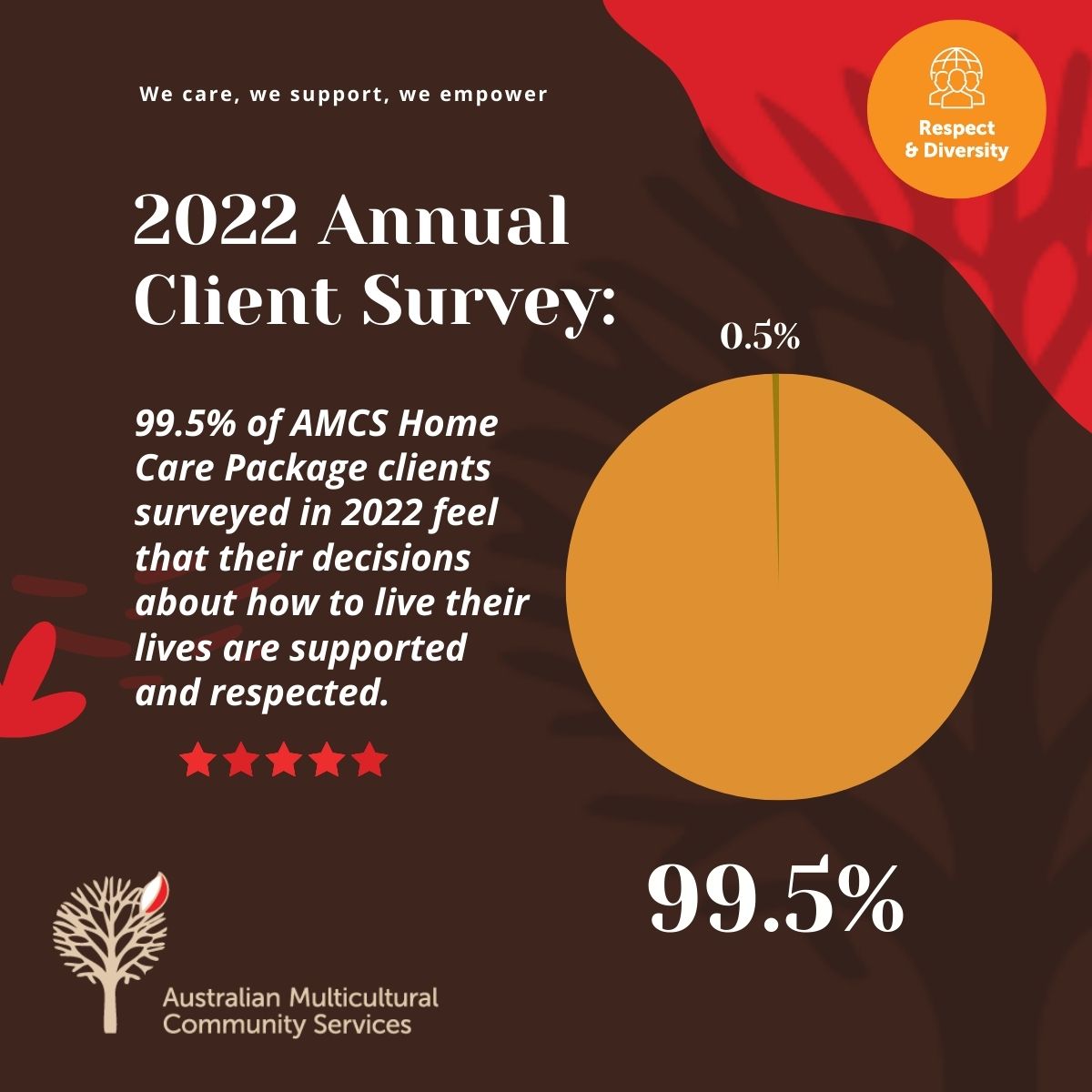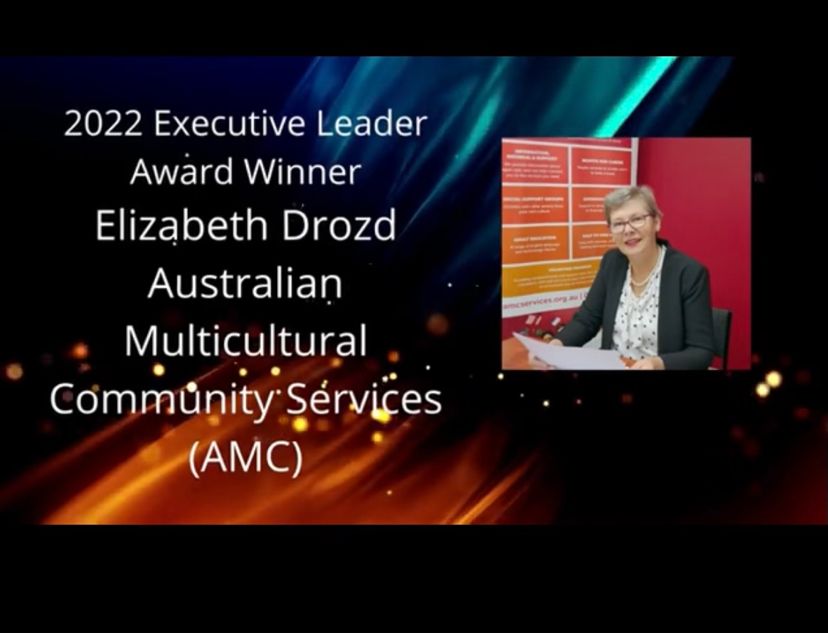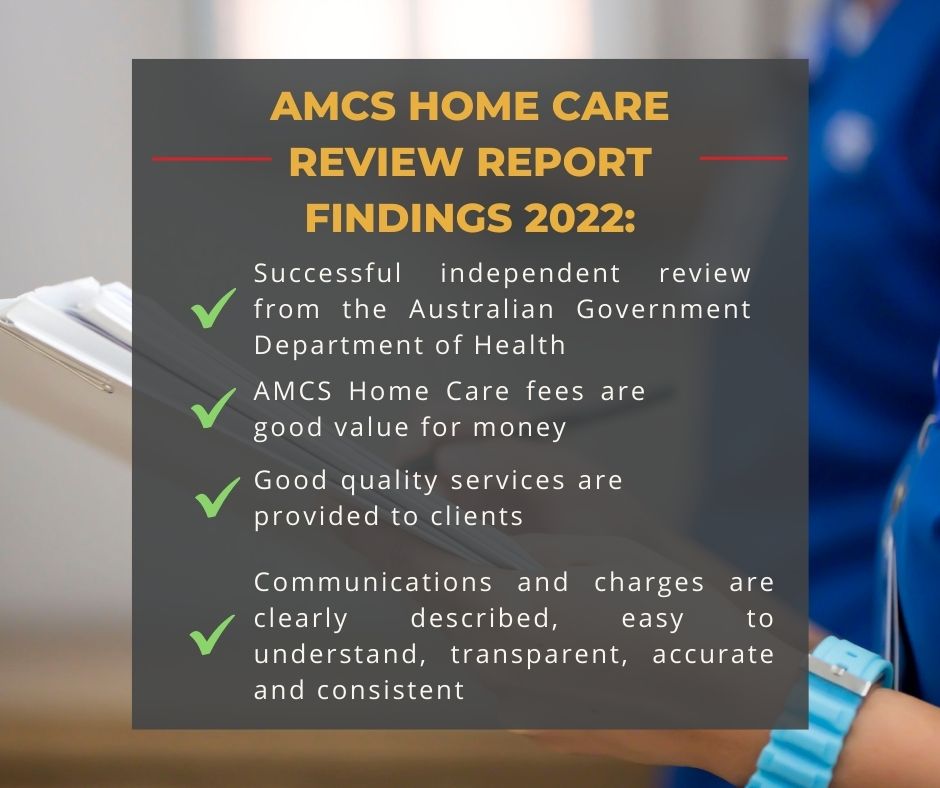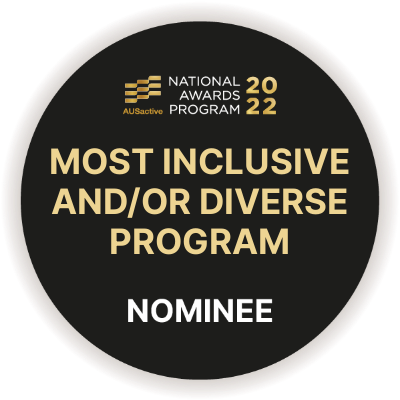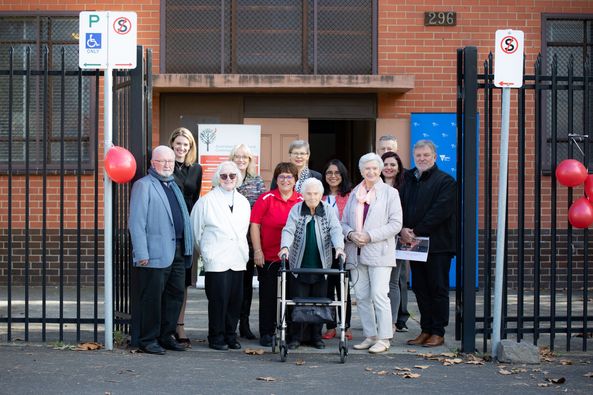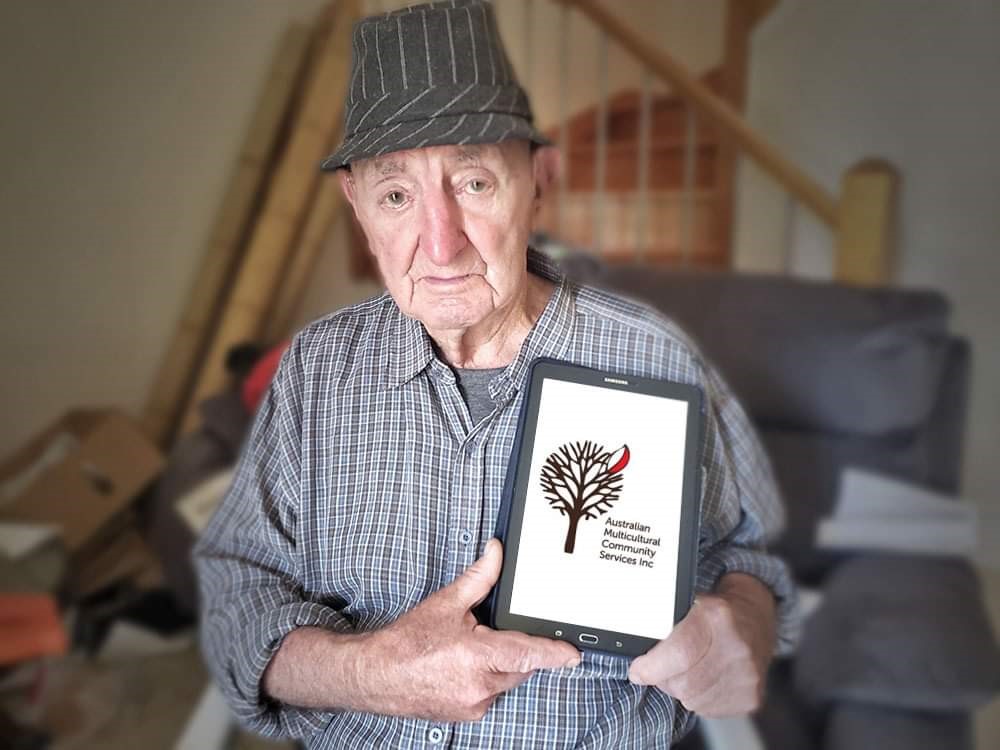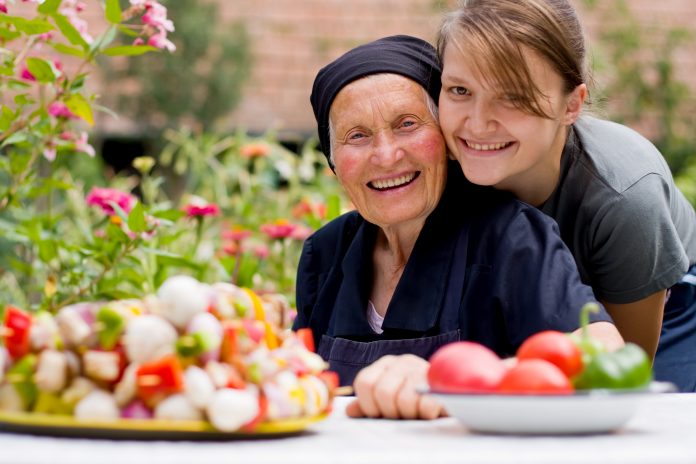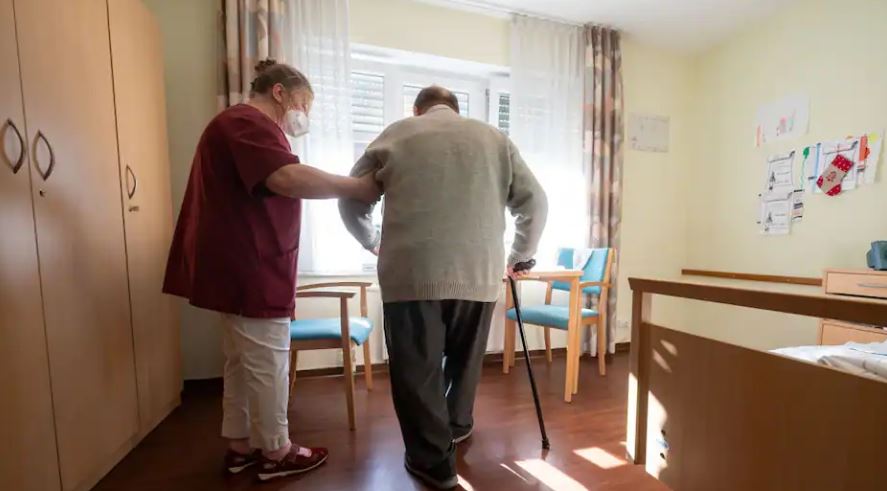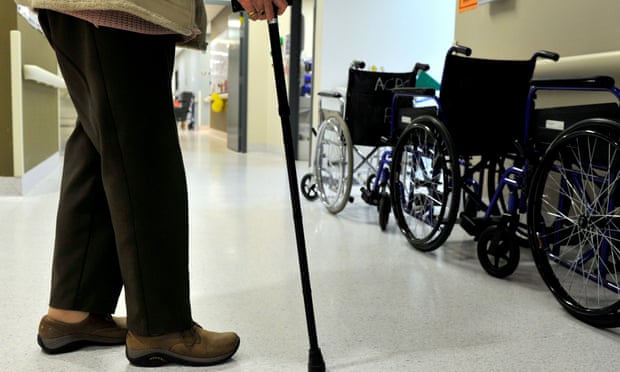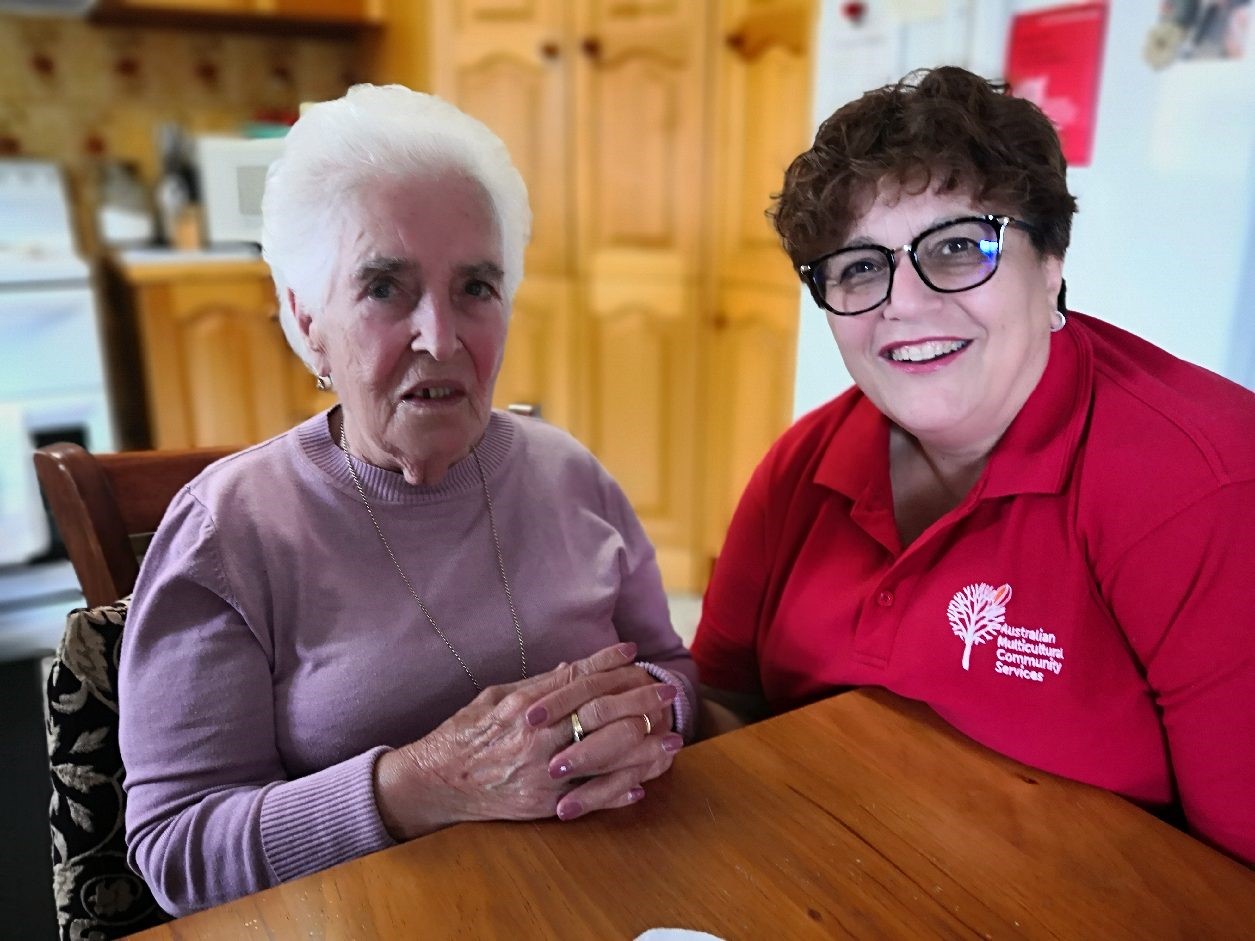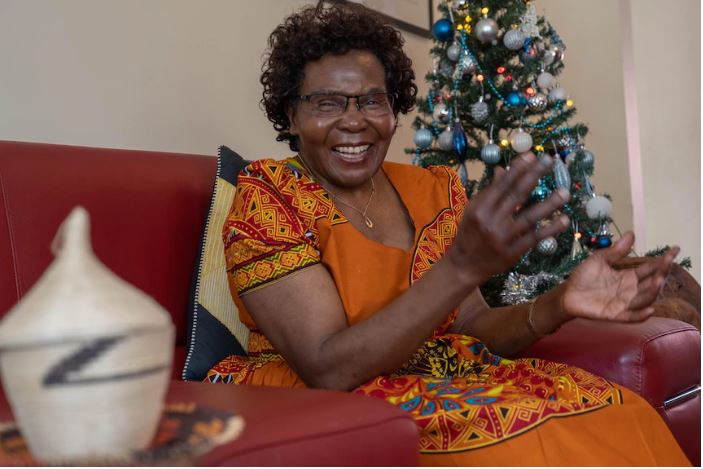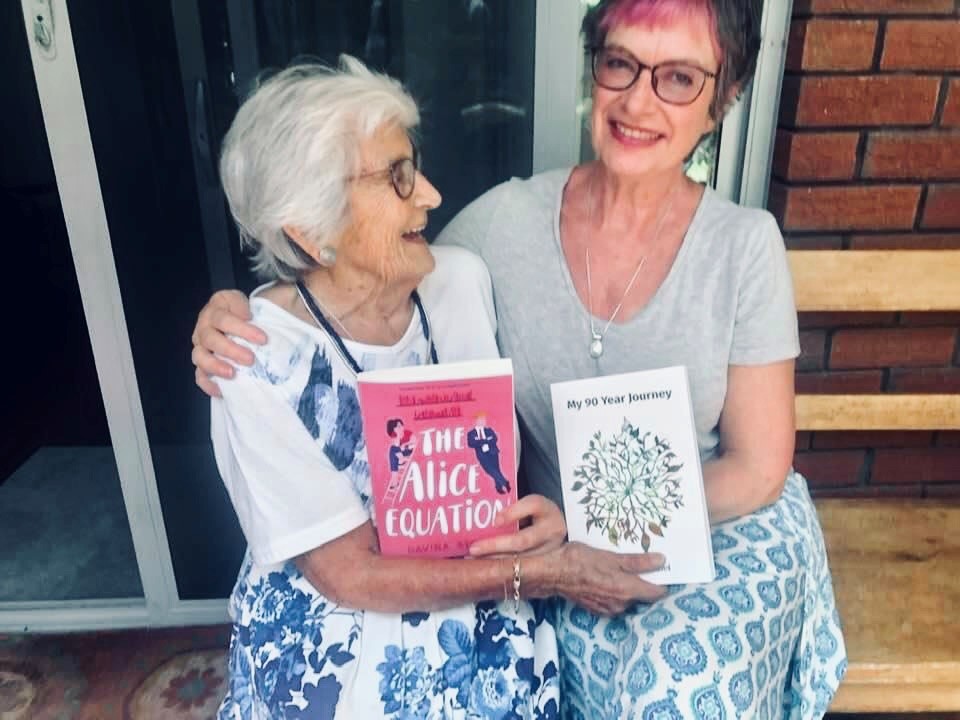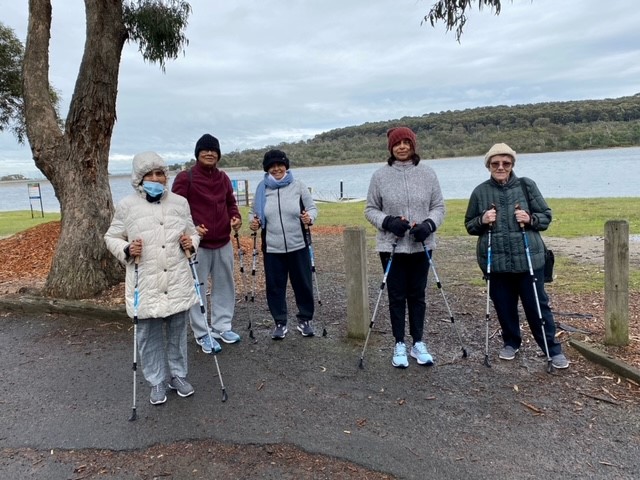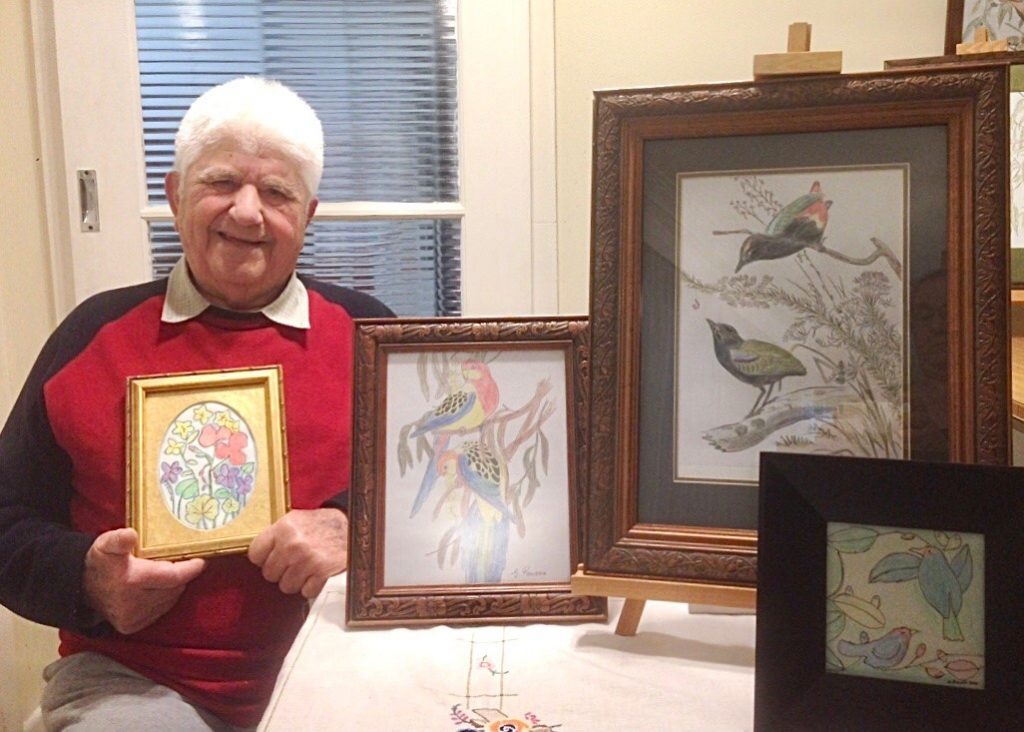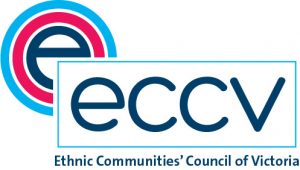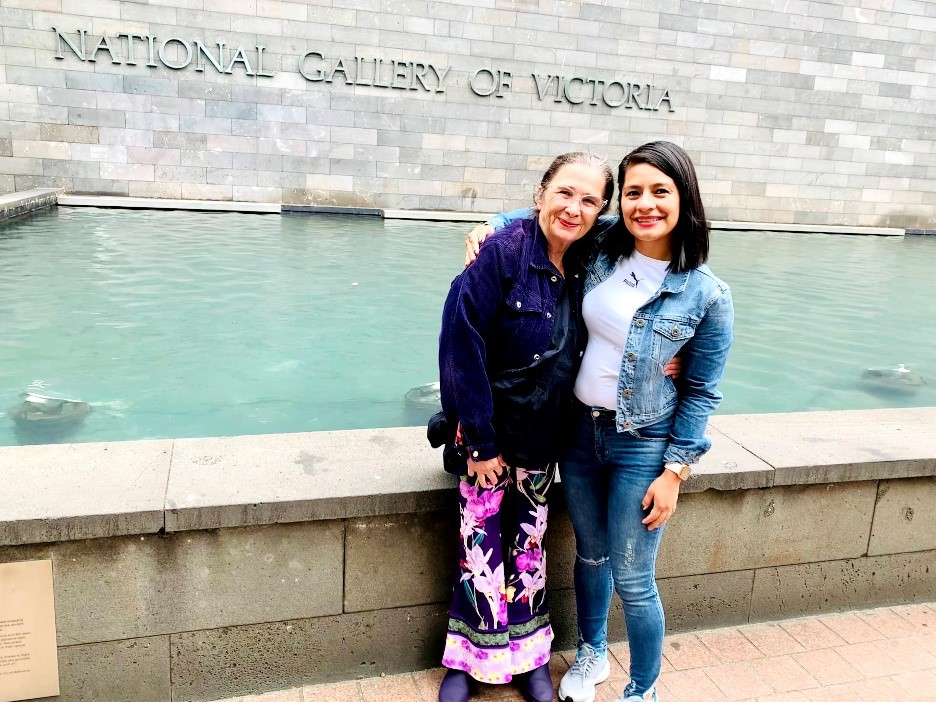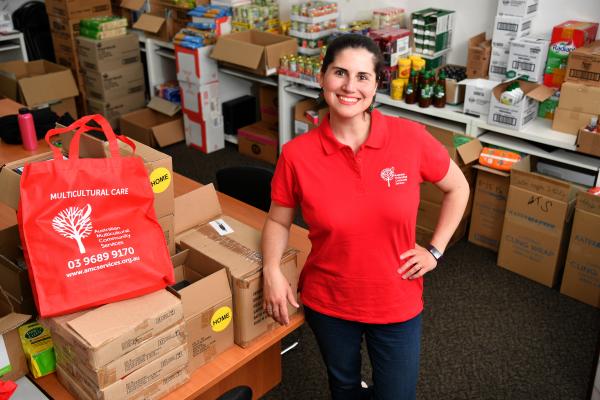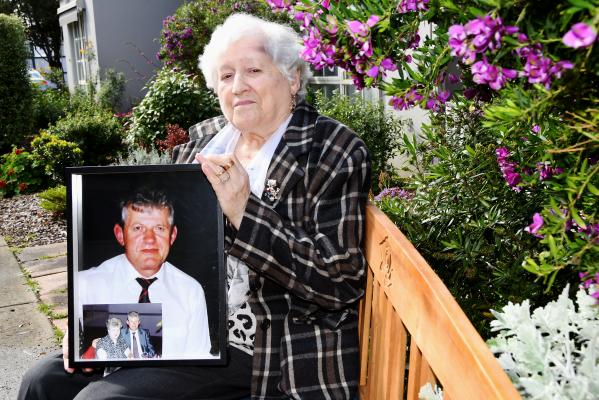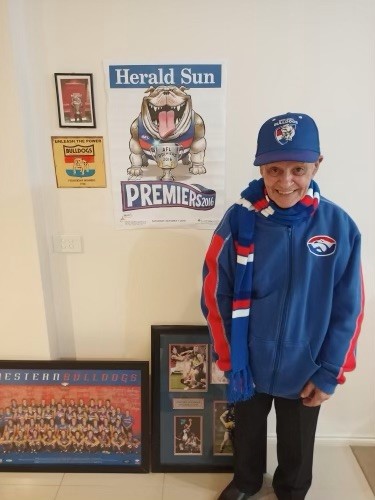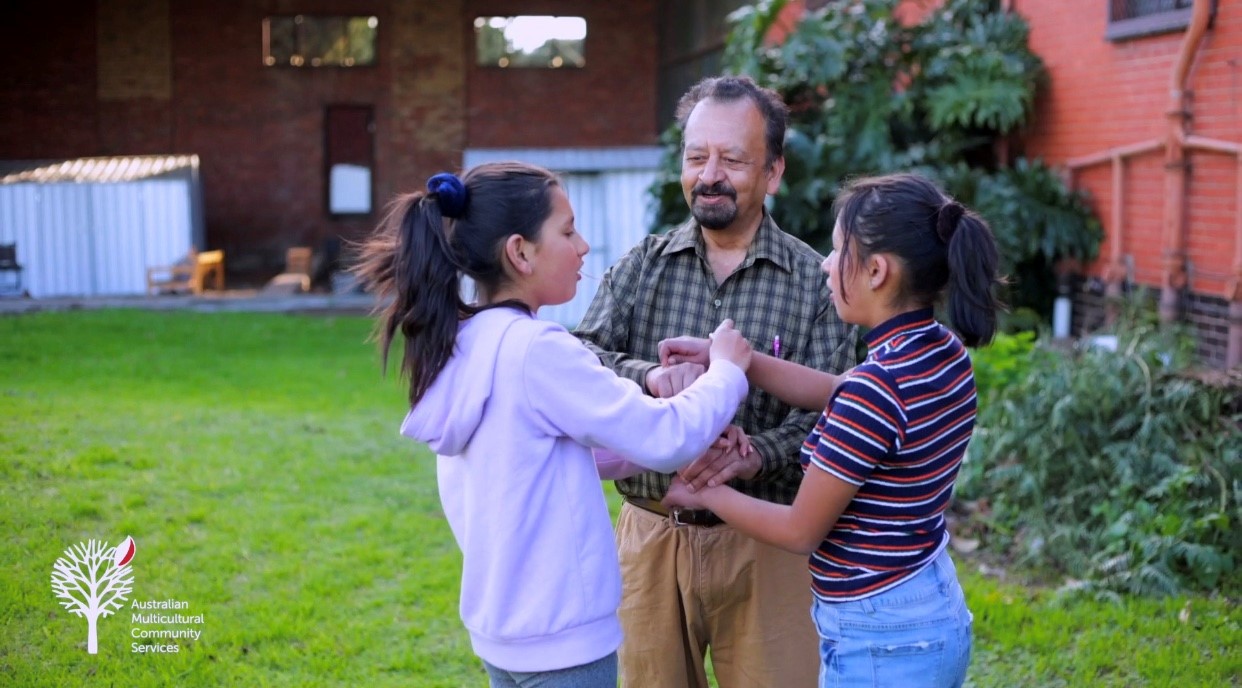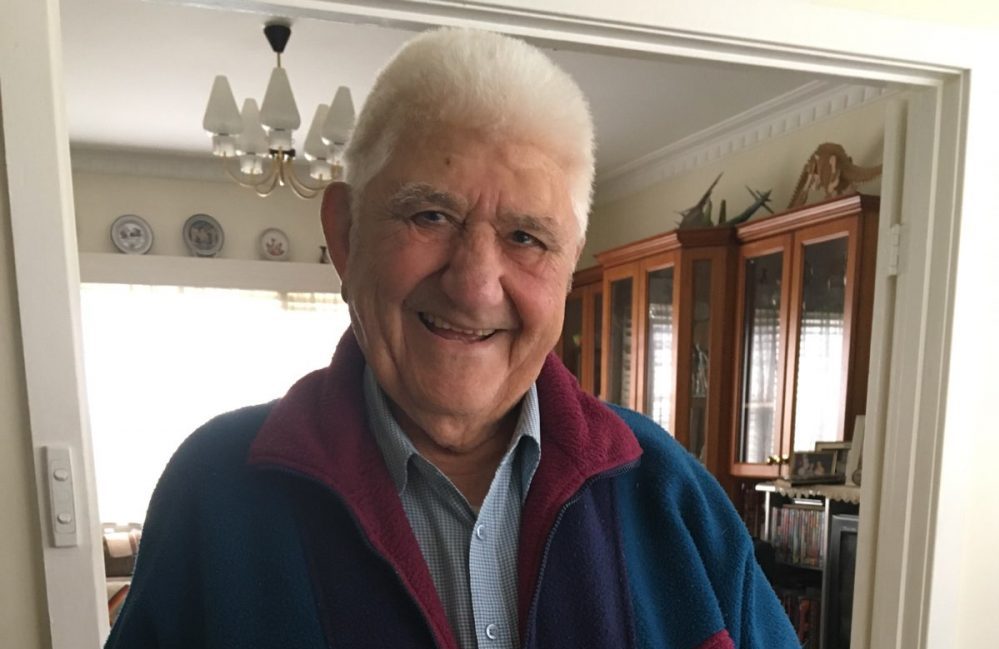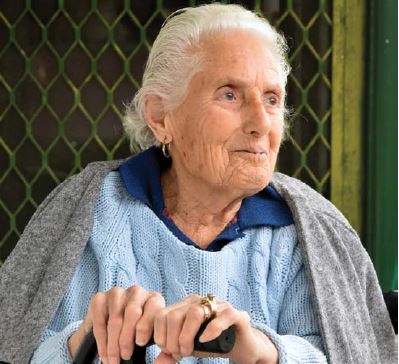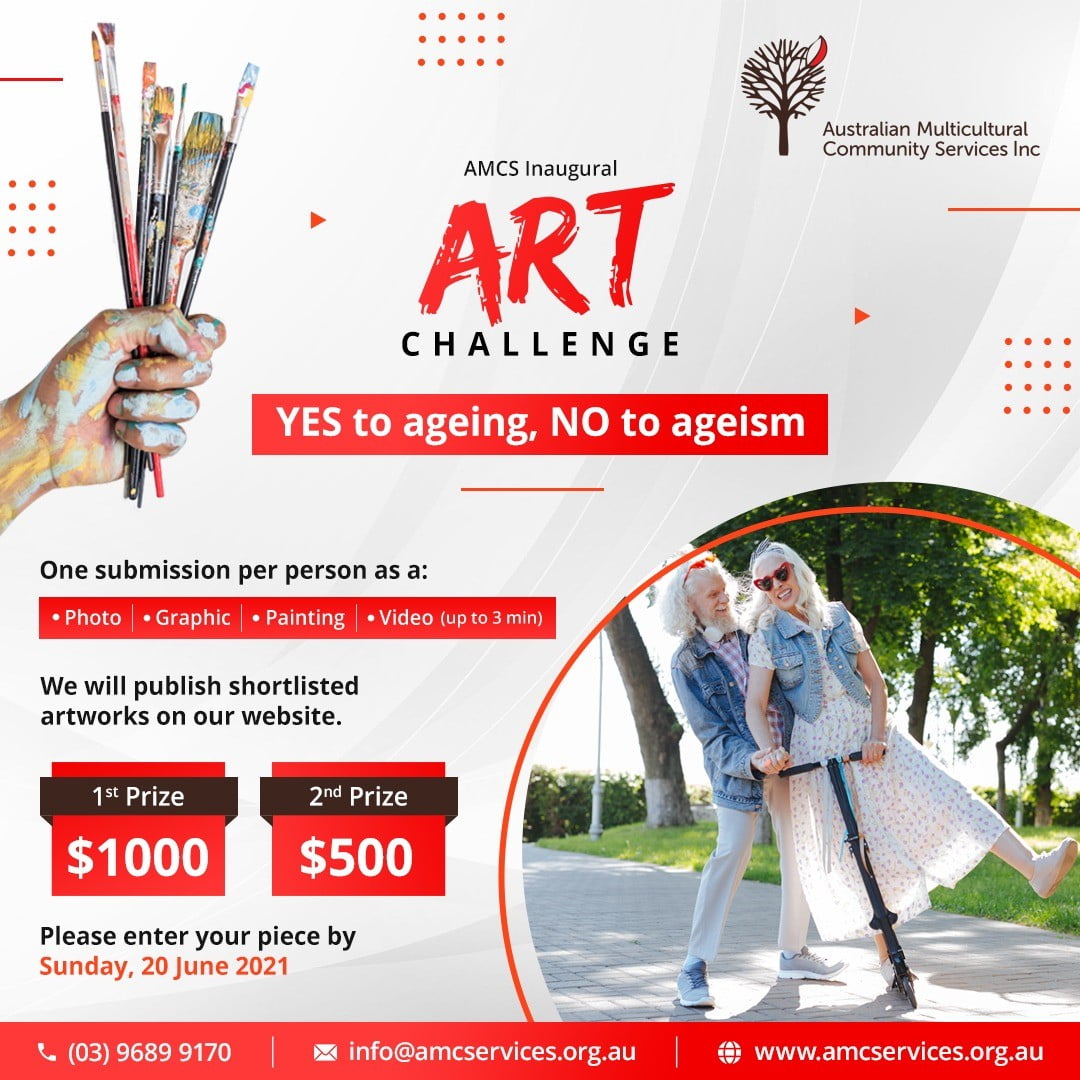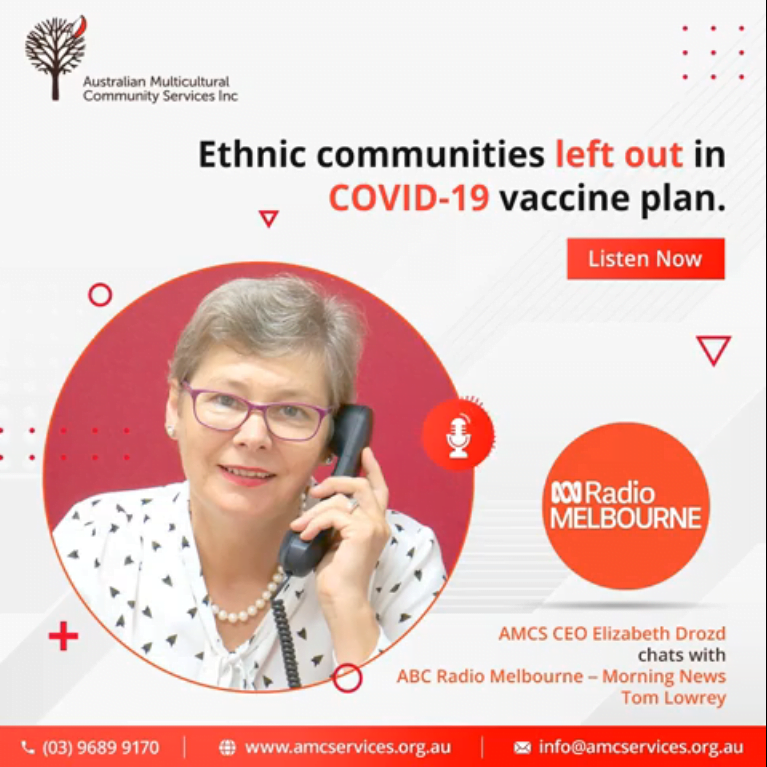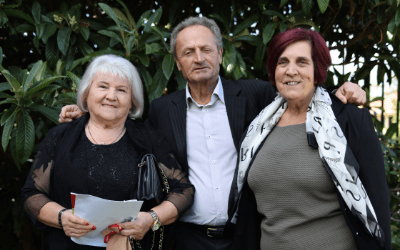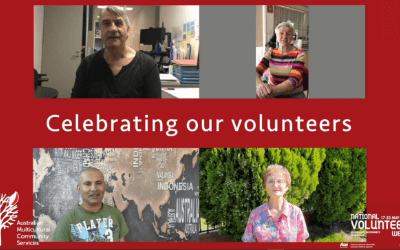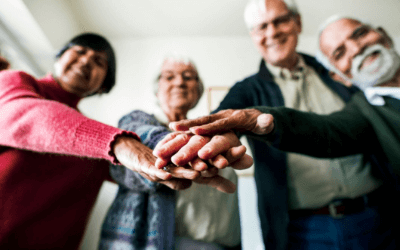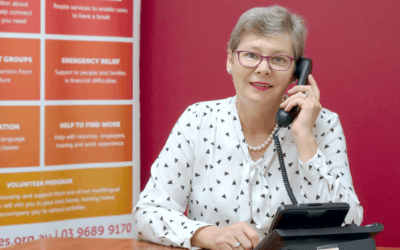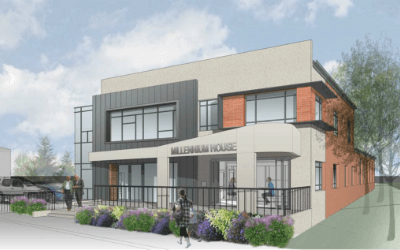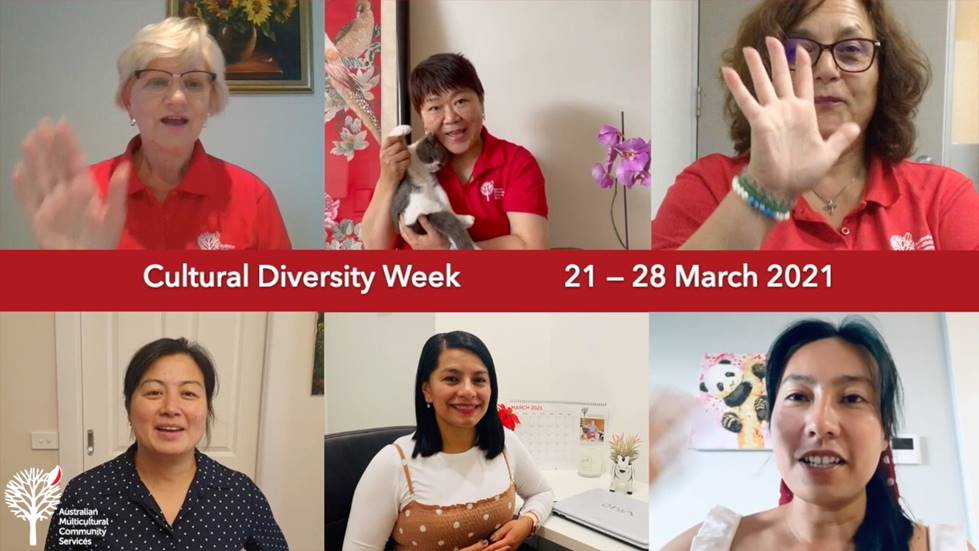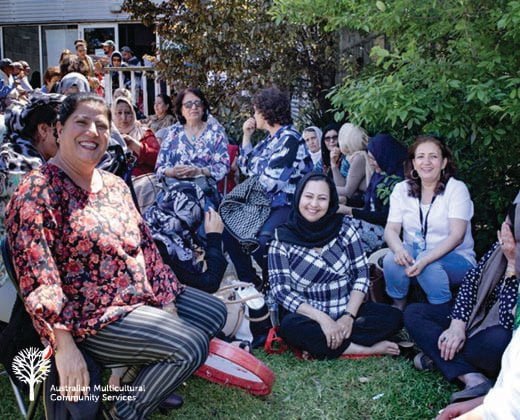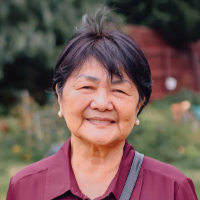With new coronavirus restrictions in place and Melbourne in lockdown, Victoria’s multicultural seniors once again face losing vital access to the support system they rely on for basic care.
This is all taking place in the context of the federal government announcing new reforms and investment in the aged care sector in response to Australia’s ageing population.
As someone who has helped more than 2000 multicultural seniors access support services since 2014, I know they find accessing and navigating a complex system to be a daunting experience.
An Australian Institute of Health and Welfare analysis of the 2016 census revealed five per cent of those surveyed aged over 65 self-reported their English as ‘poor’, and another one per cent spoke no English. In Victoria alone, 277,548 people over the age of 65 speak a first language other than English, according to the census. That is 30 per cent of the total number of people aged over 65 in Victoria.
They all face numerous systemic barriers apart from language difficulties when accessing support services, including the My Aged Care contact centre.
Other barriers include a hesitation to communicate with authorities and give out personal details due to previous negative experiences with repressive regimes, culture related barriers, not having access to the internet and a lack of IT knowledge.
In my experience as a client advocate, I have consistently found that multicultural seniors would much rather stay in their homes than move to a nursing home — one reason for this is the dispiriting nature of aged care, with last year a case in point.
The clients I have worked with over the years often require ongoing assistance from specialist multicultural organisations such as Australian Multicultural Community Services (AMCS) to understand, access and navigate the service system. Similar organisations to ours have worked hard to establish a high level of trust and effective community connections with culturally and linguistically diverse (CALD) individuals and groups.
One of my current clients, a 72yo Macedonian man living in Melbourne’s western suburbs, was isolated from the community after suffering serious health problems. Once he found out about AMCS, his life outlook completely changed for the better. He regularly tells me how AMCS has made his life ‘99 per cent more hopeful’ by providing him with easy-to-understand information on a regular basis and with physical support such as domestic assistance, transport and mobility aids.
Imagine stepping into his shoes as an older Australian from a multicultural background with specific health issues and support needs, and trying to navigate the various government platforms.
In addition to the systemic barriers outlined above, this client — and there are many others in similar circumstances — is separated from his family so he cannot ask for their support. He also has difficulties hearing on the phone so he will often ask me to speak on his behalf and organise translations when necessary. Sometimes, there is no way I can do that without going to his house and making phone calls together with him.
The pandemic is no way near over as the current outbreaks have reminded us. In highly challenging times, face-to-face communication and support is more limited and ethnic clients require support with information and client advocacy more than ever.
Governments need to do more to ensure appropriate support for seniors from CALD backgrounds to navigate complex service systems and processes, especially during pandemic outbreaks.
For more information, please contact Sinisha Krstov, Access and Engagement Manager, on sinisha.krstov@amcservices.org.au or (03) 8371 2304.


